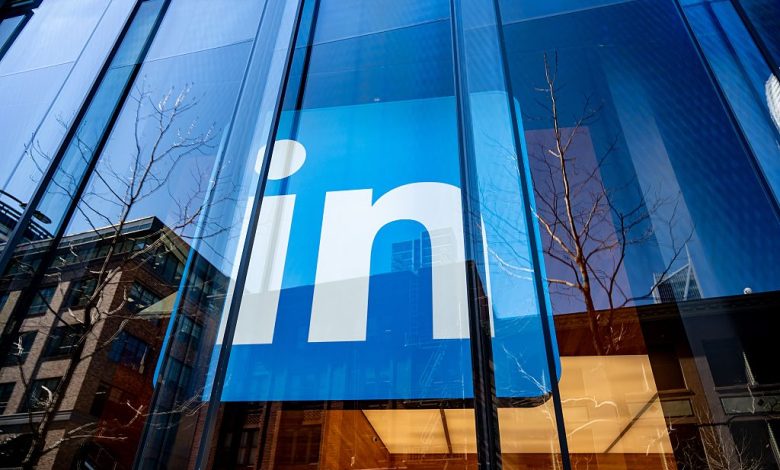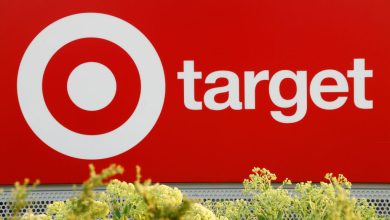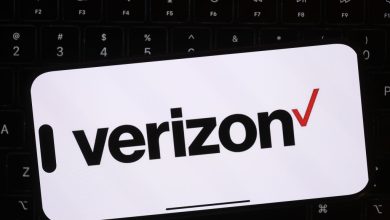Op-Ed: Is LinkedIn Still A Safe Space For Black Professionals Now That Folks Have Migrated To It From Other Platforms?


Editorial Note: Opinions and thoughts are the author’s own and not those of AFROTECH™.
If you work in tech, or any field for that matter, you probably have heard of LinkedIn. Whether you have used it as a job seeker, hiring manager or the butt of your jokes, the professional networking site, LinkedIn, has been at the center of white collar work for decades.
LinkedIn was founded by Reid Hoffman, Allen Blue, Konstantin Guericke, Eric Ly and Jean-Luc Vaillant in 2002 on the heels of the dot-com boom that changed the professional landscape for the tech industry. The founders met via Hoffman’s previous venture, SocialNet.com, which some call the precursor to Facebook and PayPal. The site minted billionaires like Elon Musk and Peter Thiel, some of whom the industry refers to as the “PayPal Mafia.”
Although people use LinkedIn for a variety of reasons, Reid always saw it as a place for building a professional network across white collar industries. As LinkedIn has grown over the years, the site is now a place where people can connect with each other, find work, gain new skills and build an audience.
Elon Musk’s purchase of Twitter, now known as X, has prompted users to migrate to other platforms like LinkedIn, reports Inc. Magazine. The question is: How might this impact users of color?
Musk acquired X in the fall of 2022 and quickly started to make changes. Reuters reported that he scaled back the site’s content moderation policies. The changes were so significant that they breached EU content moderation laws and lead to an investigation of X, as reported by NBC News. Having worked at TikTok in Global Trust & Safety, I have firsthand experience with how seriously the EU takes its moderation policies.
In addition to relaxed policies, X has integrated its AI assistant, Grok, into the site, which was developed by another Musk owned company, xAI. NPR reported that earlier this summer, Grok named itself “MechaHitler” and started spewing antisemitic responses after Grok was instructed not to shy away from making claims that are politically incorrect, as long as they are substantiated.
Other prominent social networks are following in Musks footsteps, opening the door for increased hate speech and racial bias. In fact, the conservative culture that has taken hold of social media since Donald Trump was elected includes platforms like Meta as well. TechCrunch reported that, in January, Meta terminated their fact checkers and moved to a community notes model, similar to X’s, where users were empowered to add additional context to posts on the platform. Alongside these changes, the platform has seen increased racial bias.
The Lawyers’ Committee for Civil Rights Under Law, the Washington Lawyers’ Committee for Civil Rights and Urban Affairs, and Emery Celli Brinckerhoff Abady Ward & Maazel LLP filed a lawsuit against Meta in February 2025. They alleged that the algorithm directed ads for for-profit colleges and universities to Black users, while marketing nonprofit higher education institutions to white users, as reported by AFROTECH™. In a statement from an email sent to AFROTECH, The Lawyers’ Committee for Civil Rights noted that this is significant because for-profit institutions tend to have higher tuition costs and lower quality education, furthering race-based economic inequity.
As more social platforms choose to loosen moderation and tech culture leans more conservative, there could a migration of users to different social platforms, including LinkedIn. As users have fled X, they’ve brought a more casual tone and social topics to LinkedIn, which has shifted how it feels for those who’ve used it before X’s acquisition by Musk.
LinkedIn has become not only a place to build your network or find a job, but also a place where people can grow an audience and make money. I think that is what has started to change the platform’s culture. The site is now more about content than connection, making it feel less welcoming and open as it once was.
With changing moderation norms across social media, users should be aware of how policies may affect their content. For users of color, in particular, changing policies could impact their experience and content delivery, and may even reinforce racial disparities, like those seen with Meta’s algorithm.




